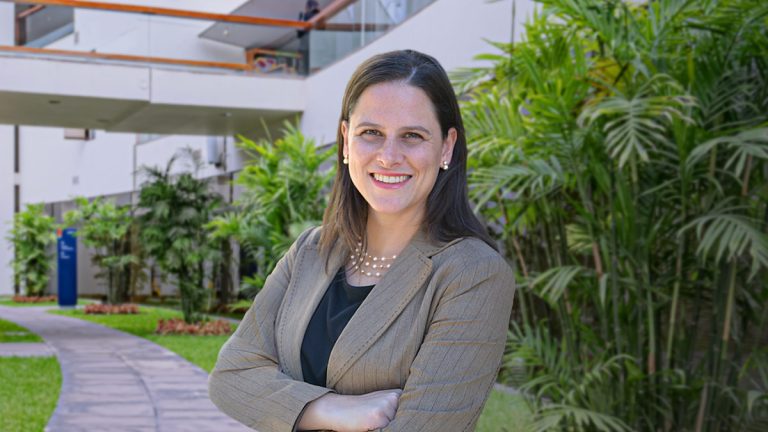Abstract
Background:
In this study, we addressed the gap between health research and policymaking in Latin America and the Caribbean (LAC), focusing on health education/health literacy. Despite growing research, translating findings into effective policies needs to be improved. We explored the factors that make research on health education and health literacy to be referenced and mentioned in policy documents in LAC (and in Peru). We proposed a model based on the hypothesis that the relationship between research and policymaking depends on the research strength of scientific evidence, timing, and social media activity.
Methods:
A mixed-methods approach was employed, combining quantitative and qualitative data analysis. Quantitative data sources included multidisciplinary databases, altmetric data, and citations of policy documents. For data analysis, we obtained descriptive statistics to identify patterns and then verified the association between variables using χ2. The negative binomial regression was used to test the empirical model introduced above. Quantitative analysis was complemented by analysis of responses to a set of open questions from a sample of Peruvian health policymakers.
Results:
We found that timing, strength of evidence, and social media activity were significant predictors of research cited in policy documents. Policy documents tended to rely more on qualitative evidence. A positive correlation between timing and cites in policy documents highlighted the importance of timely dissemination, whereas social media activity, while having an impact, had a relatively minor effect. Peruvian policymakers’ responses emphasized the role of political context, the relevance of results, and policymakers’ commitment to incorporating research into policies.
Conclusion:
Strength of evidence, social media engagement, and publication timing are key predictors of citations for health education/literacy research in LAC policy documents. However, qualitative findings highlight challenges, including some distrust in research findings, together with limited access to relevant research. The findings offer opportunities to enhance evidence-informed health education/health literacy policy decisions.
Implications:
To increase the influence on health policymakers, researchers should prioritize the timely dissemination of solid evidence, considering both traditional and digital platforms. Policymakers should focus on the quality and relevance of evidence when formulating policies.



